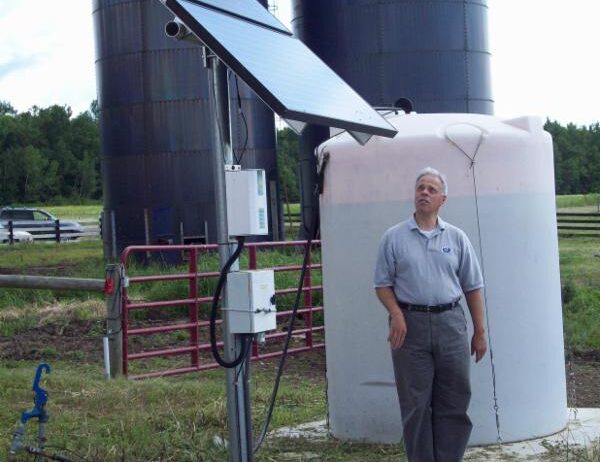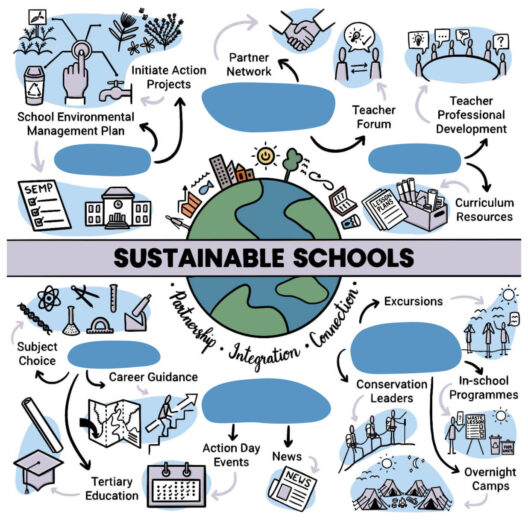Oil is often referred to as the lifeblood of modern civilization. Its extraction, refinement, and consumption underpin numerous aspects of our daily lives. Yet, as we traverse the unrelenting path of climate change, it’s imperative to confront our voracious appetite for oil and seek strategies for its sustainable use. Conserving oil energy is not merely an environmental imperative; it is pivotal to the longevity of our planet and the well-being of future generations.
The first step in the journey towards conserving oil is to cultivate a profound understanding of energy consumption in our daily lives. Imagine for a moment that each barrel of oil represents a finite resource—akin to the sands in an hourglass—as they slowly slip away, marking the passage of time until depletion. Thus, the necessity to reduce consumption becomes increasingly urgent as we face a waning supply that will not replenish quickly enough to sustain future generations.
1. Energy Audits: Measure and Understand
Conducting an energy audit is akin to taking a physical examination for your home or business. This process allows individuals and organizations to identify areas of excessive oil consumption and inefficiency. By systematically assessing energy use, one can pinpoint outdated appliances, inefficiencies in insulation, and common energy-wasting practices. A thorough audit reveals insights—much like a map that elucidates the terrain of consumption—helping to navigate towards a more energy-efficient existence.
2. Enhancing Efficiency: The Technological Frontier
The advancement of technology has ushered in an era where energy efficiency is no longer a luxury but a necessity. If we think of traditional appliances as dinosaurs—large, outdated, and inefficient—modern energy-efficient models are the agile mammals that have learned to thrive in a changing environment. By upgrading to high-efficiency appliances, vehicles, and systems, consumers can significantly decrease their reliance on oil. Innovations like programmable thermostats and energy-efficient lighting systems can dramatically reduce energy consumption while also enhancing comfort and functionality.
3. Transportation: Redefining Mobility
Transportation is one of the most significant sectors contributing to oil consumption. Every car on the road consumes oil like a thirsty beast drinking from a dwindling stream. To mitigate this obdurate reliance, alternative modes of transport should be explored. Public transit systems, cycling pathways, and pedestrian-friendly infrastructure offer sustainable mobility solutions. Moreover, transitioning to electric and hybrid vehicles heralds a new paradigm in transportation, gradually liberating society from the shackles of oil dependency.
4. Cultivating Renewable Energy: The Sustainable Symphony
Think of renewable energy as a symphony—a harmonious collaboration of sun, wind, and water, playing in concert to create a melody of sustainability. By diverting investments into renewable energy sources, we can significantly reduce oil reliance. Technologies harnessing solar, wind, hydroelectric, and geothermal energy present sustainable alternatives to fossil fuels. Utilizing these resources can gradually transform our energy landscape, reducing emissions and preserving critical natural resources.
5. Energy Conservation: Behavioral Shifts
Change begins at home, within the microcosm of our choices and habits. It’s essential to cultivate a culture of energy conservation, where small adjustments create ripples of impact. Simple acts, such as turning off lights when not in use, adopting a “no-idle” policy for vehicles, and minimizing the use of energy-consuming devices, can contribute to the larger goal of oil conservation. By fostering awareness and instilling a sense of responsibility in children and adults alike, society can create generations attuned to the necessity of sustainable living.
6. Community Initiatives: A Collective Effort
Community engagement is the heart of sustainable change. Formulating local initiatives—such as community solar projects, carpooling programs, or collective gardening efforts—can galvanize neighborhoods into unified action. These collective endeavors can significantly reduce oil dependence while fostering connections and collaboration among residents. When communities band together, they create a potent force, much like a well-crafted mosaic, where each piece contributes to a larger, resilient picture.
7. Policy Advocacy: Shaping the Future
Advocacy and policy change are critical to cultivating a sustainable future. Citizens must engage in dialogues with policymakers to promote initiatives that encourage the development of renewable energy infrastructure, subsidies for energy-efficient products, and stricter regulations on oil consumption. Grassroots activism, lobbying, and community organizing can amplify voices demanding action and accountability from the stakeholders wielding significant influence over energy policies. Just like a pebble thrown into a still pond, such initiatives can create ripples that lead to transformative societal change.
8. Education and Awareness: Igniting the Flame of Change
Lastly, education is the catalyst that ignites the flame of change. Promoting awareness about energy consumption and the environmental impacts of oil dependency is crucial. Schools and community organizations should prioritize educational programs that teach sustainable practices, renewable energy benefits, and the significance of conservation. By sowing the seeds of knowledge, society can cultivate a population equipped to make environmentally conscious decisions and engage in meaningful dialogue about our energy future.
In conclusion, conserving oil energy is a multifaceted endeavor requiring a concerted effort at individual, community, and policy levels. The strategies outlined provide a framework for transitioning towards a more sustainable future, where oil is utilized judiciously and the balance with renewable resources is restored. The collective actions of individuals wield immense transformative potential, like threads woven together to create a robust tapestry. It is time to embrace these strategies, secure a sustainable future, and ensure that the sands of our hourglass do not run dry, leaving future generations gazing into an empty reservoir of possibilities.







